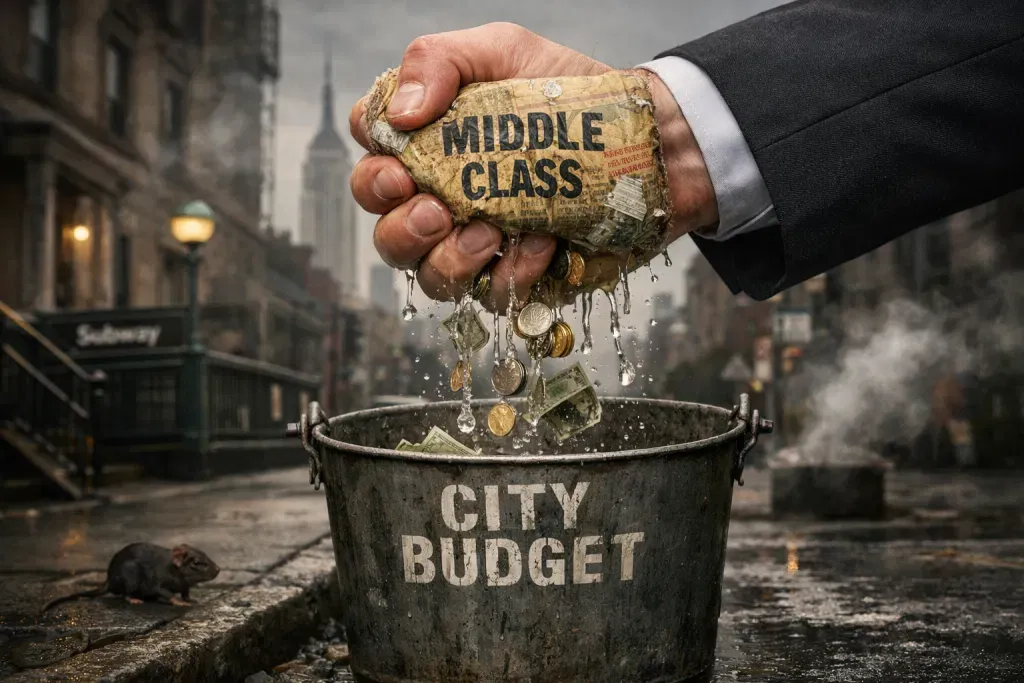Table of Contents
Sex sells is one of the oldest rules of both advertising and Hollywood. But, for many young people today, it appears that’s less and less true.
Gen Z has already been noted as being far less interested in sex than their predecessors. And they’re less interested in seeing it on screen, too.
A recent study from UCLA reveals that young people aged 10-24 are seeking a reduction in explicit content, both in television and movies. Conducted by the Center for Scholars and Storytellers at UCLA, the “Teens and Screens” report emphasizes that 51.5 per cent of adolescents are expressing a preference for content highlighting friendships and platonic relationships. The study included the opinions of approximately 1,500 young participants, with 100 representatives from each age group within the 10-24 range.
Blockbuster TV shows like Game of Thrones were often criticised for using rape as a story device. But it appears that Gen Zs are averse to romance, as well.
According to the survey, 44.3 per cent of youth believed that there was an excessive use of romance in the media. Approximately 39 per cent expressed a preference for the increased representation of aromantic and/or asexual characters, while 47.5 per cent conveyed the opinion that sex is not a crucial element in the majority of TV show and movie plots.
The young participants in the study discussed media stereotypes and conveyed a shared desire for the de-centering of sex and romance. A 17-year-old Black male from Georgia stated that he didn’t appreciate it when male and female characters on screen were made to fall in love every time they appeared together, as he perceived a complete absence of platonic relationships in American cinema.
But is it an aversion to sex and romance in general, or just hack Hollywood writing? Tellingly, respondents also said they value authenticity.
Yalda T Uhls, the founder and director of CSS and a co-author of the study, remarked that adolescents do indeed desire reduced sexual content in television and movies. However, she pointed out that what the survey truly indicates is their desire for a greater variety of relationship portrayals within the media they consume. Uhls further explained that they are aware of the prevalence of loneliness among young people and their search for role models within the art they consume. They emphasized that although some storytellers may employ sex and romance as a means to quickly establish character connections, it is crucial for Hollywood to acknowledge that adolescents desire narratives that portray a wide range of relationships.
In other bad news for Hollywood hacks, it appears that the MODERN AUDIENCE doesn’t really want to see endless rehashes of old movies and shows, with gay, black, women shoe-horned into the hero roles.
A majority (56%) of adolescents aged 10-24 prefer original content over franchises and remakes […]
This year, the majority of respondents would cast a White man as the hero in episodes or movies, a shift from the previous year when Black men were favored as heroes.
Times of India
Another finding is that Gen Zs want to see “lives more like their own” portrayed on the big screen.
Which, it appears, are lives that are increasingly lonely and sexless – mostly thanks to the dominant narratives of Cultural Marxism and the damnable policies of the Covid pandemic.
Gen Z is in the grip of a sex recession – and it’s largely social media’s fault, according to a new book, Laid and Confused: Why We Tolerate Bad Sex and How to Stop.
“Young people have been uniquely inundated with toxic messaging surrounding sex that has actually disrupted our abilities to feel pleasure,” author Maria Yagoda writes.
She also pinpoints the Covid pandemic as a dire turning-point in young people’s sex and romantic lives.
“[The] pandemic made things considerably worse across all populations,” Yagoda wrote. “Some researchers cite this [lack of pleasure] wave as one of the core phenomena fueling the sex recession, as it becomes harder to justify the work of coordinating sex when the experience doesn’t even feel pleasurable” […]
A 2021 Match.com study probing the sex habits of single men found that 81 per cent said sex was less of a priority than it had been pre-pandemic.
New York Post
In another prong of the sustained cultural assault on young peoples’ romantic lives, Third Wave feminism appears to have ‘empowered’ a generation of women into being nasty, spiteful, selfish, high-maintenance harridans whom young men unsurprisingly want nothing to do with.
New data from the Pew Research Center has shown that 63 per cent of men under 30 are single – up from 51 per cent in 2019.
Covid isolation and women’s high expectations for something serious are the main reasons they’re avoiding going out and coupling up, young guys say.
“Dates feel more like job interviews now.”
New York Post
As Camille Paglia has observed, for all that feminism boasts about the gains that it has supposedly made for women, one glaring fact stands out: young women today are miserable. Mostly, one might say, because they’re so obnoxiously entitled.
But, sure, that’s just the sort of thing a patriarch would say.









